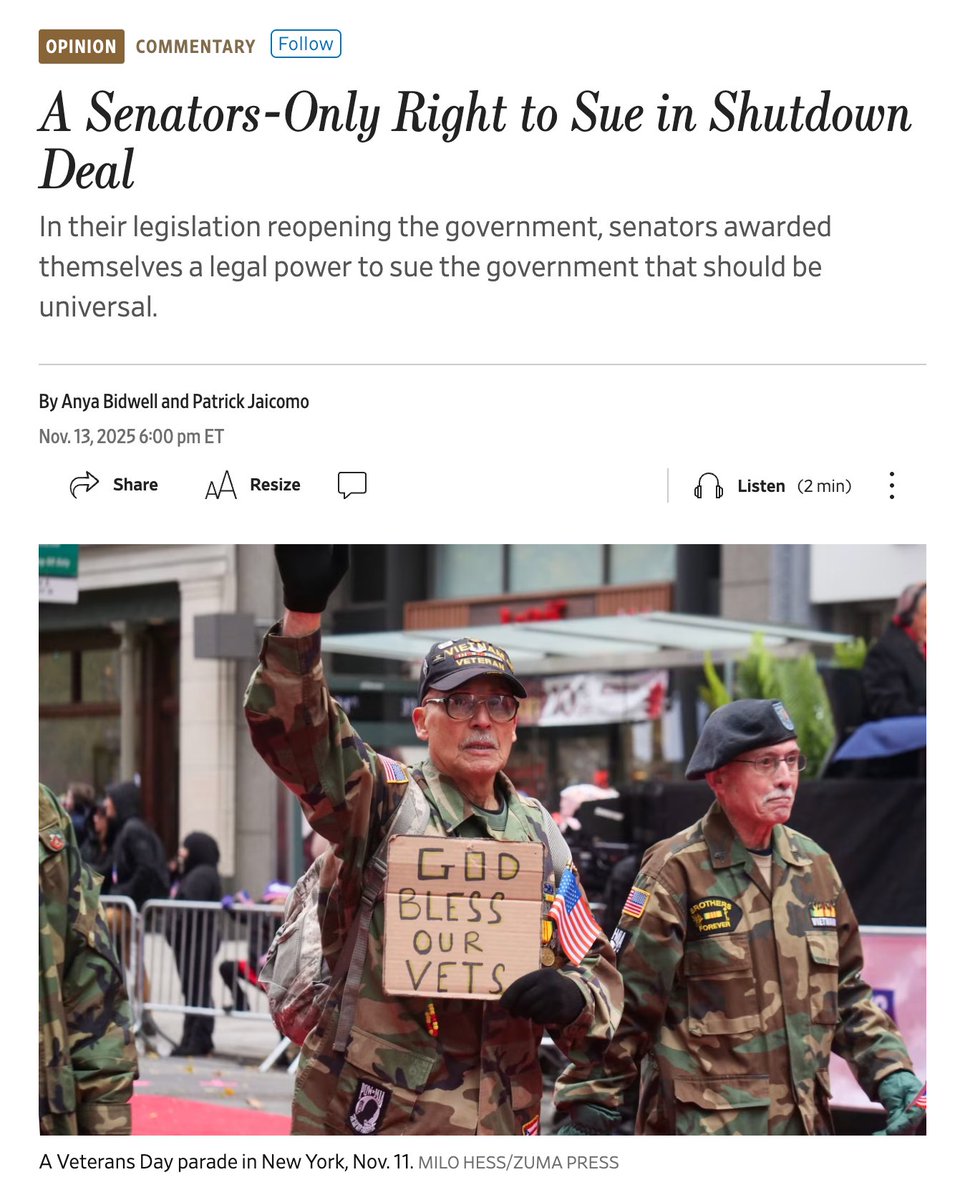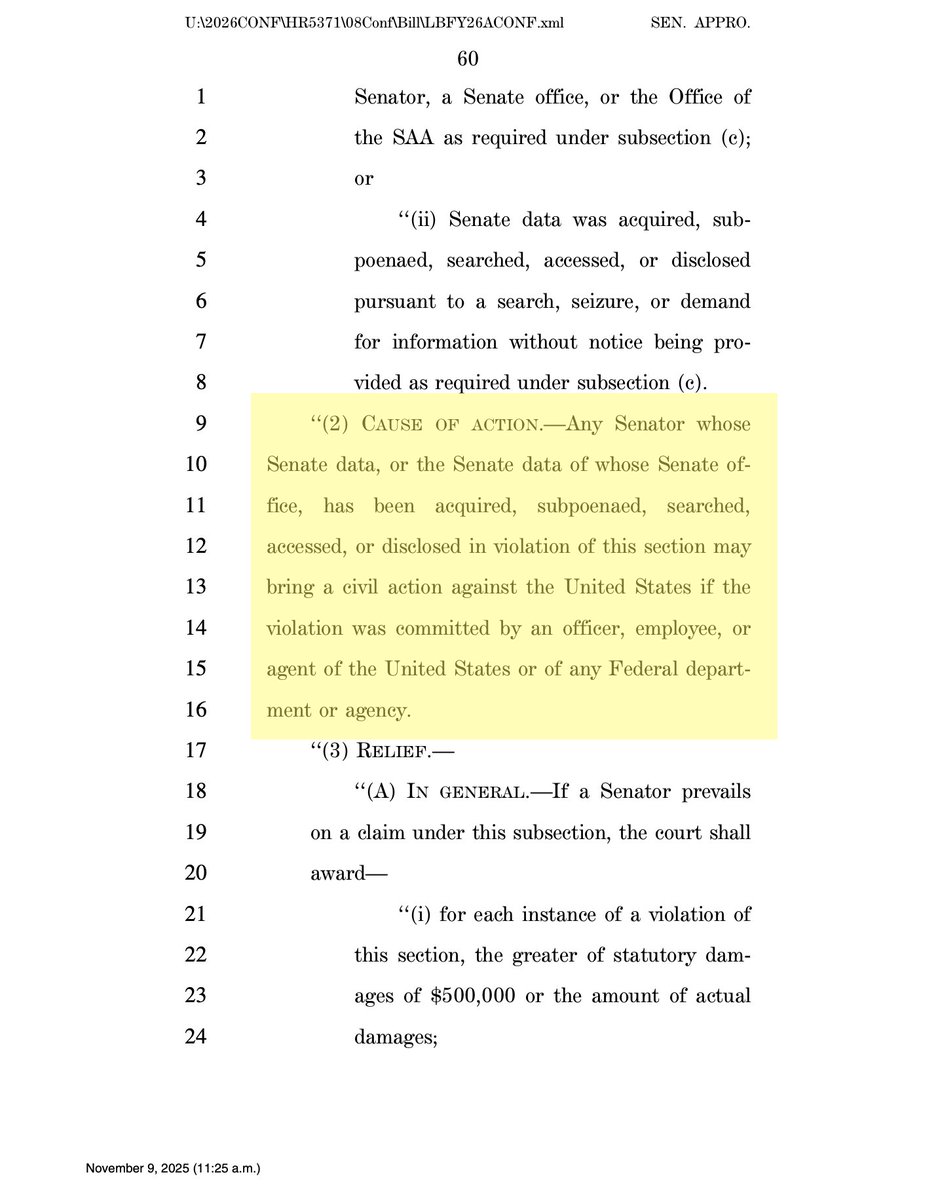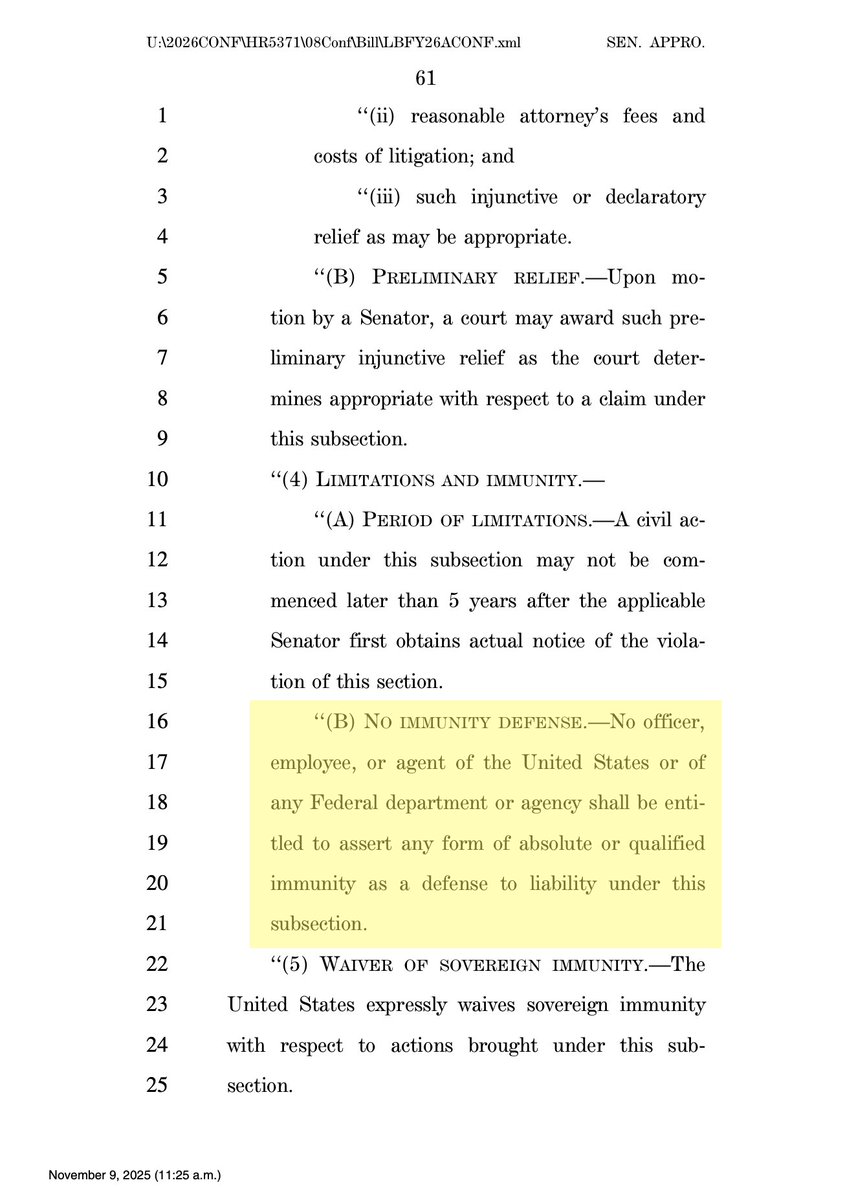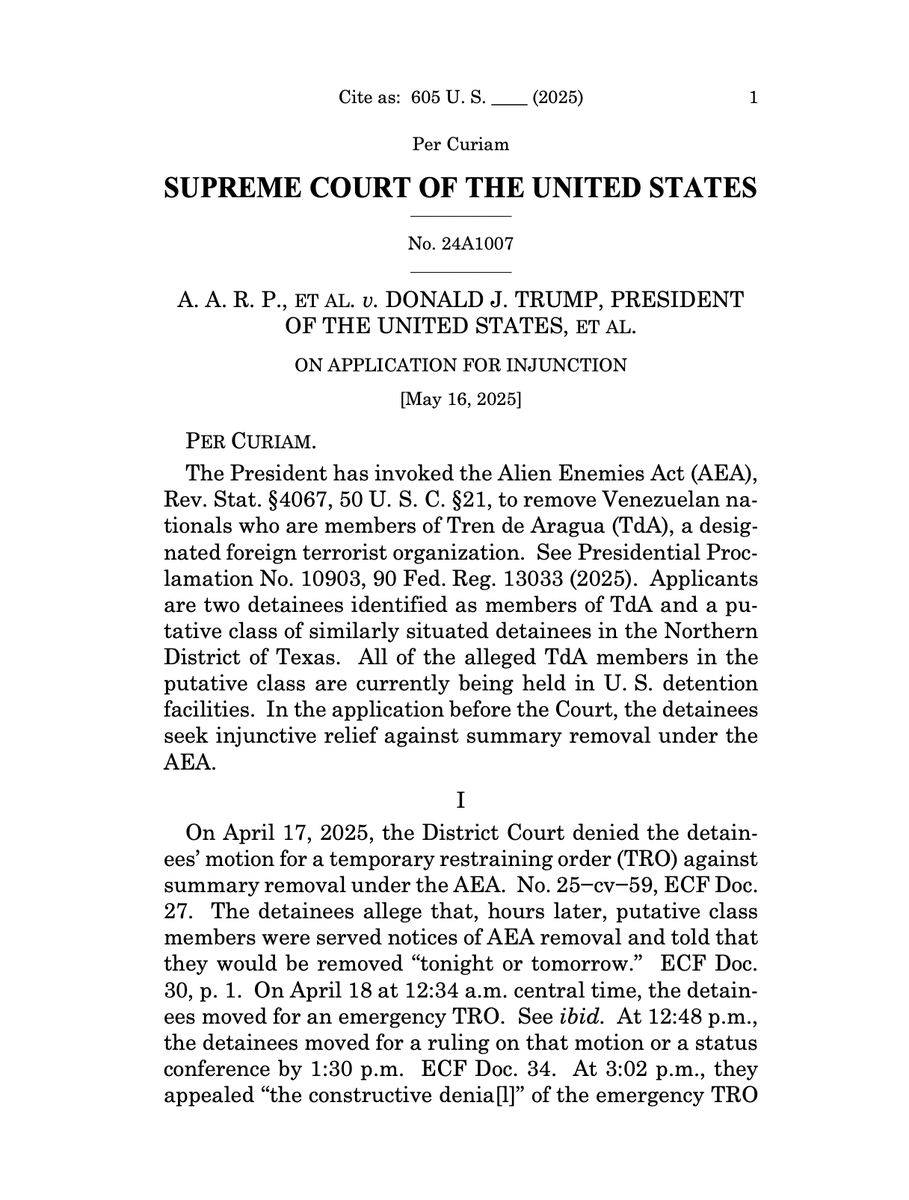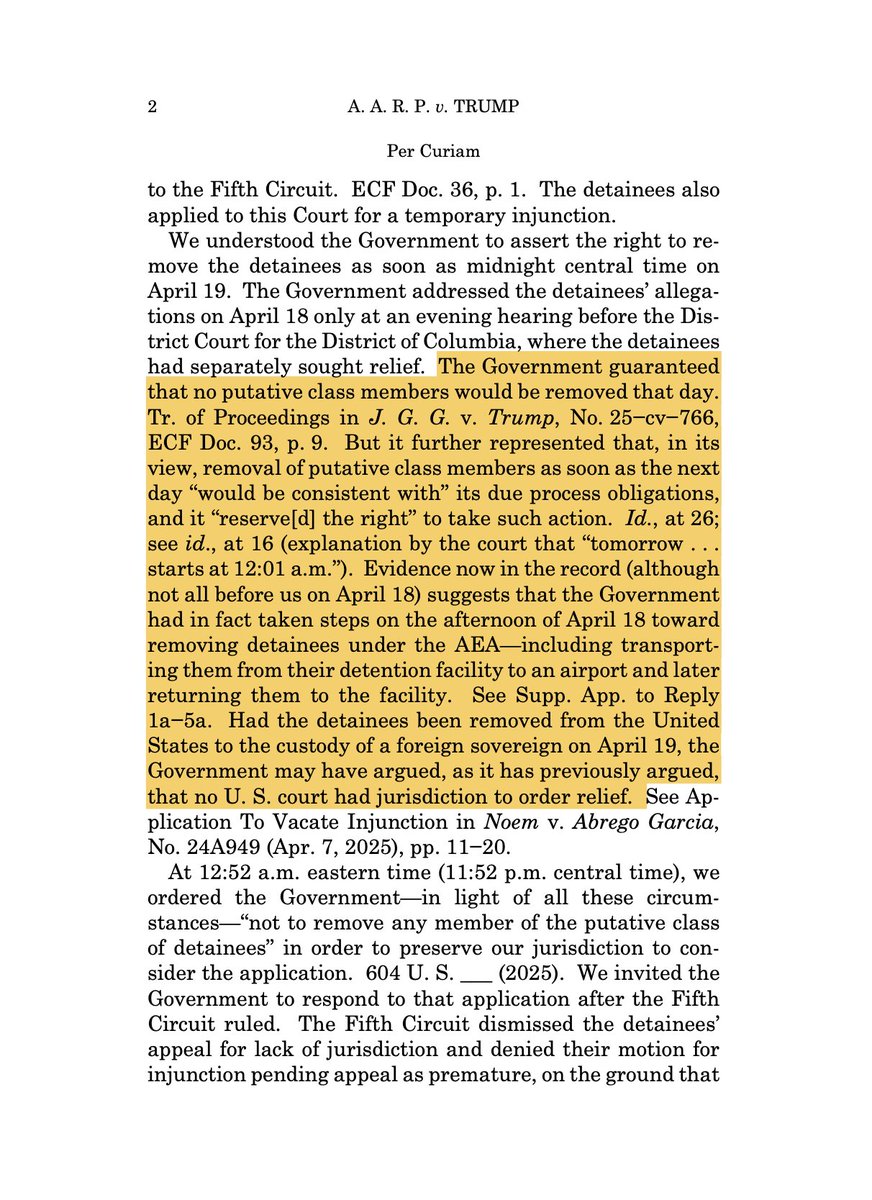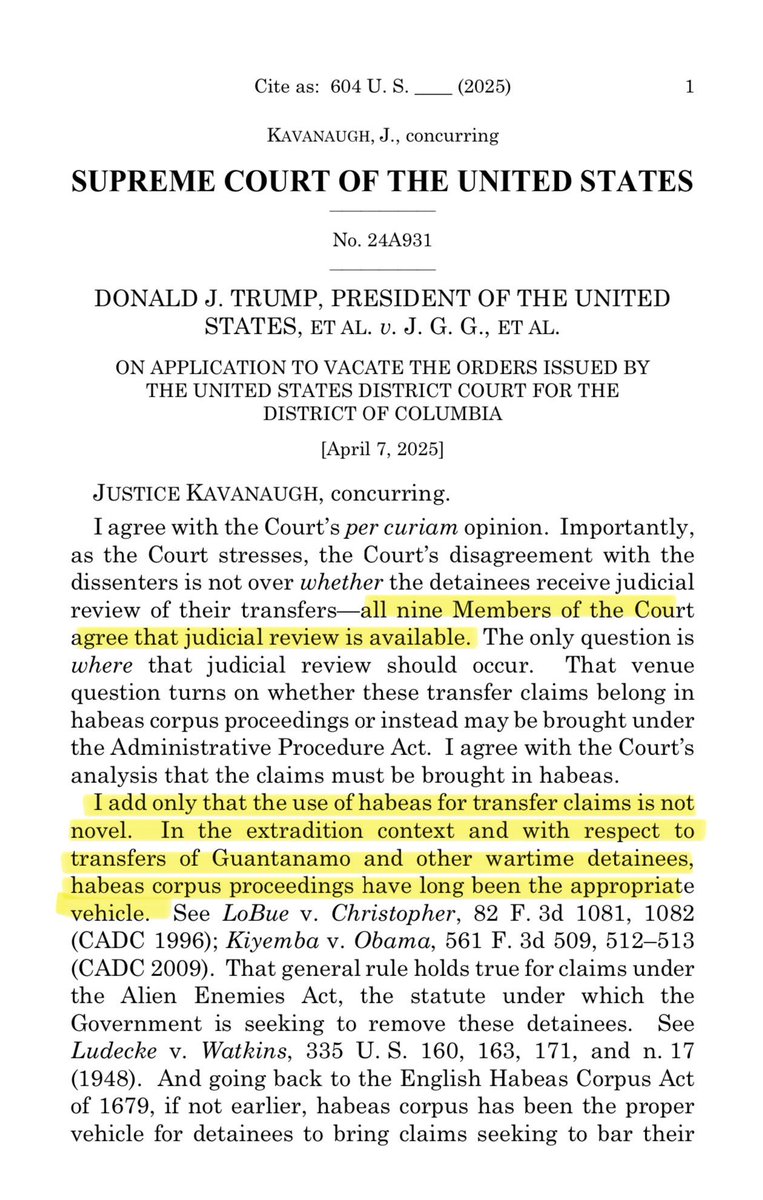The gov't's arguments against returning Abrego Garcia should make your blood run cold.
The gov't claims if it can ship a person to a foreign jurisdiction, they're gone.
There's no limiting principle.
It can make these arguments for intentional renditions of U.S. citizens.
1/

The gov't claims if it can ship a person to a foreign jurisdiction, they're gone.
There's no limiting principle.
It can make these arguments for intentional renditions of U.S. citizens.
1/


• • •
Missing some Tweet in this thread? You can try to
force a refresh


